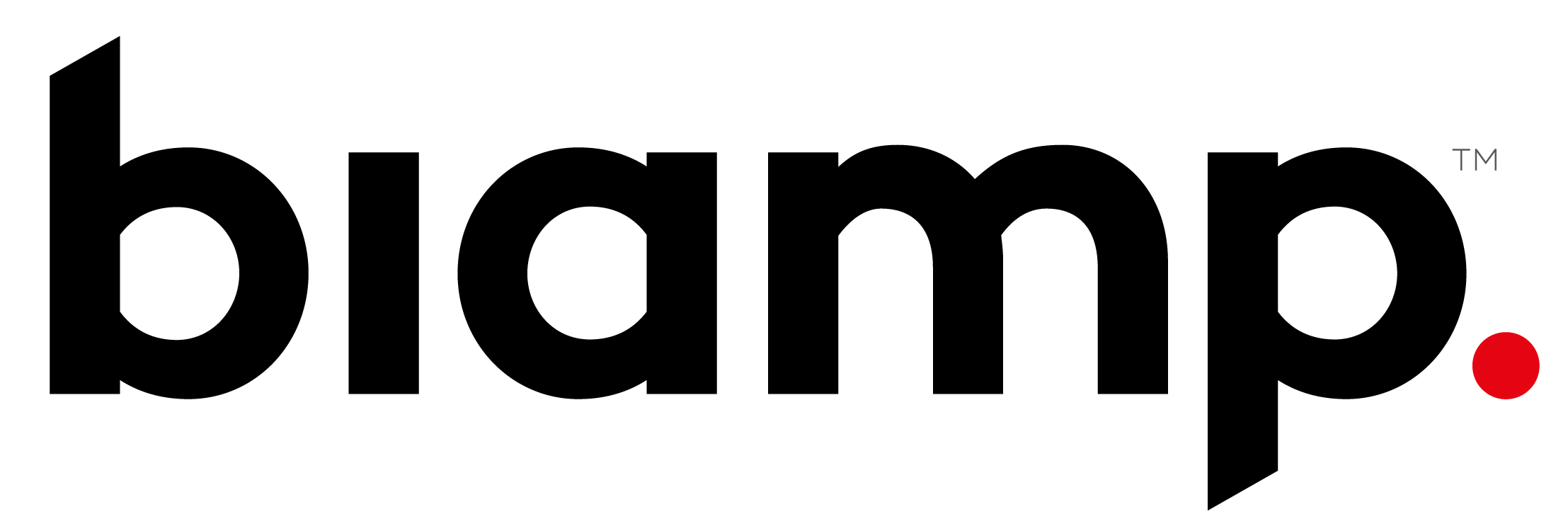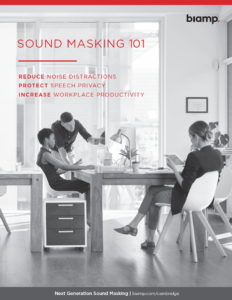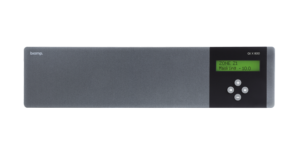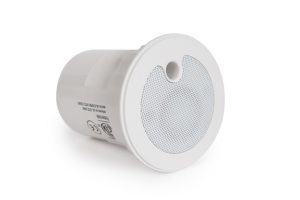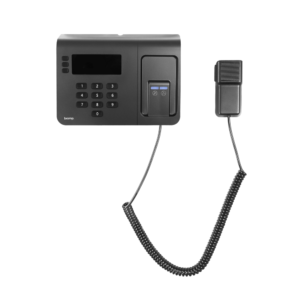Although stand-alone sound masking systems are not officially regulated by fire codes, it’s still a good idea to be familiar with the difference in code requirements addressing these two types of systems.
1. What does NFPA 72 have to say about Sound Masking?
There is no requirement under National Fire Protection Association (NFPA) document 72 Chapter 24 for standalone sound masking systems. NFPA 72 does regulate Emergency Notification Systems (EMS), and Mass Notification Systems (MNS). Vendors that supply combined systems are also subject to regulation under UL 2572.
2. Can Sound Masking systems be integrated into Fire Control Panels (FCPs)?
Yes. Sound masking can be integrated into Fire Alarm Systems and Fire Control Panels to be disabled in the event of an emergency. Cambridge Sound Management works closely with leading FCP manufacturers and security installers. Both QtPro and DynasoundPro solutions provide methods to disable masking via simple integration with virtually all third party life safety systems on the market, including fire alarm panels, which are the dominant means of life safety.
3. Are Sound Masking systems intended to be life safety mass notification systems, or emergency communications systems?
No. It’s important to understand the distinction between these two very different types of audio systems. Manufacturers of standalone sound masking systems are not encumbered by UL2572 component listing as they are not part of the life safety system. There is no requirement under National Fire Protection Association (NFPA) document 72 Chapter 24 for standalone sound masking systems.
Want to know more?
We did, so we asked a former chairman of the NFPA 72 technical committee and editor of 5 editions of the National Fire Alarm Handbook to help demystify this complex topic. In Addressing Sound Masking Requirements in the National Fire Alarm and Signaling Code® and UL Standards, Wayne Moore from Jensen Hughes provides an unbiased view of the necessary sound masking code requirements.
With Cambridge Sound Management as your partner, you will only receive the truthful facts necessary to “know the code”.
